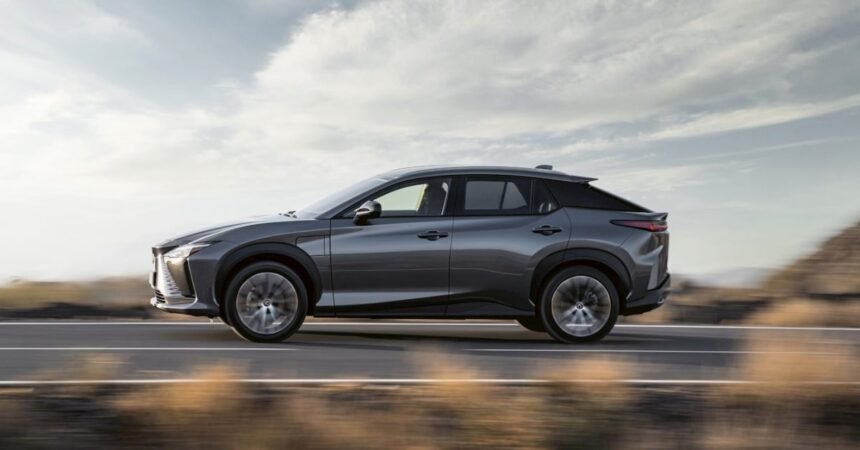Idemitsu Kosan, a Japanese oil giant, is making significant strides in the development of all-solid-state EV batteries for Toyota. The company recently announced plans to build a large-scale production plant for lithium sulfide, a crucial raw material used in these innovative batteries. All-solid-state batteries are considered the “holy grail” of EV battery technology, offering improvements in driving range, charging speeds, and energy density due to their solid electrolyte composition.
The new production plant, approved by Japan’s Ministry of Economy, Trade, and Industry (METI), is set to cost around 21.3 billion yen ($142 million) and will have the capacity to produce 1,000 metric tons of lithium sulfide annually. Idemitsu aims to begin mass production of all-solid-state batteries in 2027 and 2028, with Toyota as its first customer. The collaboration between Toyota and Idemitsu dates back to 2023, focusing on the development of solid electrolytes for these cutting-edge batteries.
The construction of the new plant marks a significant step towards commercializing all-solid-state EV batteries, aligning with Toyota’s plans to introduce these batteries in the market. Toyota was granted METI certification in September, enabling the company to proceed with the production of these batteries in Japan. This initiative is part of Japan’s broader strategy to establish a stable local supply chain for batteries and reduce dependence on foreign markets like China and South Korea.
While Toyota’s progress in all-solid-state batteries is promising, other automakers are also making advancements in this technology. Mercedes-Benz recently tested the “world’s first” production EV powered by solid-state batteries, achieving over 621 miles of driving range. Factorial Energy, a US-based company, is collaborating with major OEMs like Stellantis to launch electric vehicles equipped with solid-state batteries in the near future.
In addition to Toyota and Mercedes-Benz, companies like Honda, Hyundai, CATL, and BYD are also racing to bring all-solid-state batteries to the market. This competition highlights the industry’s commitment to innovation and the potential for significant advancements in EV battery technology. As automakers continue to push the boundaries of battery technology, consumers can expect more efficient, higher-performing electric vehicles in the coming years.







